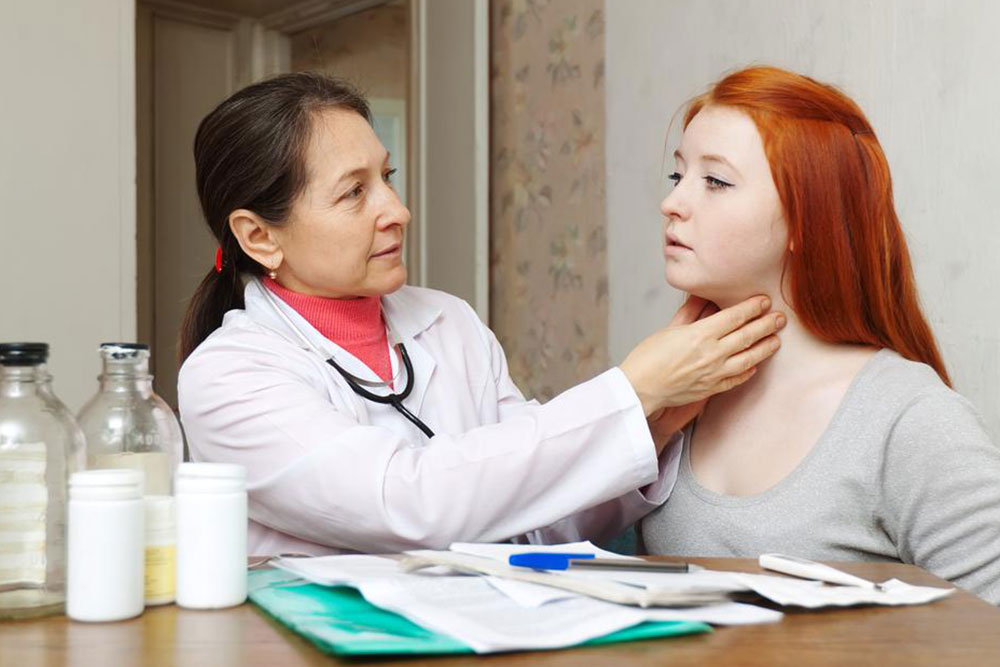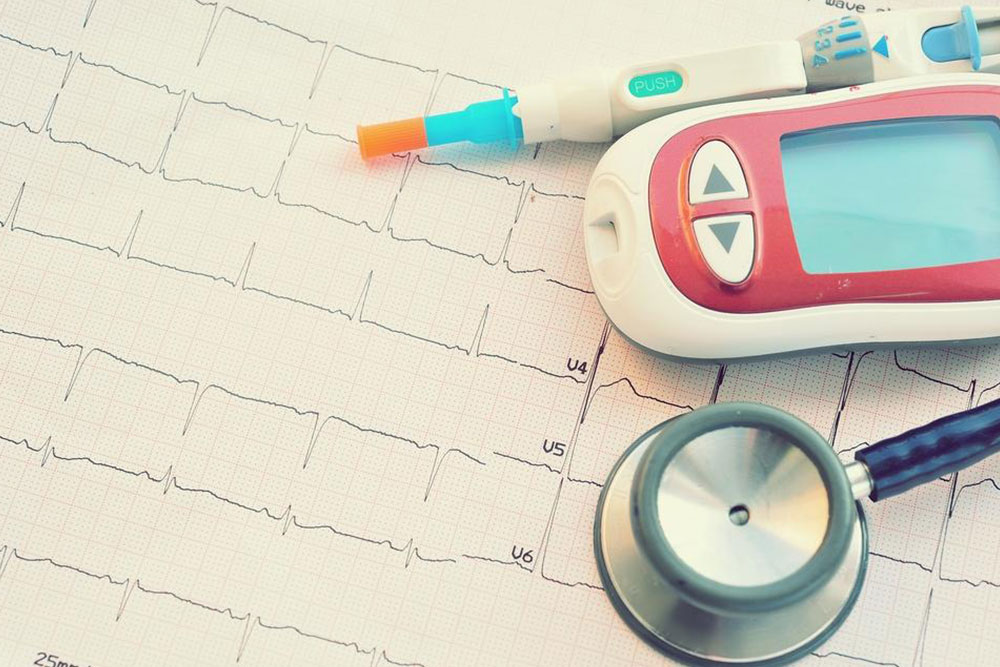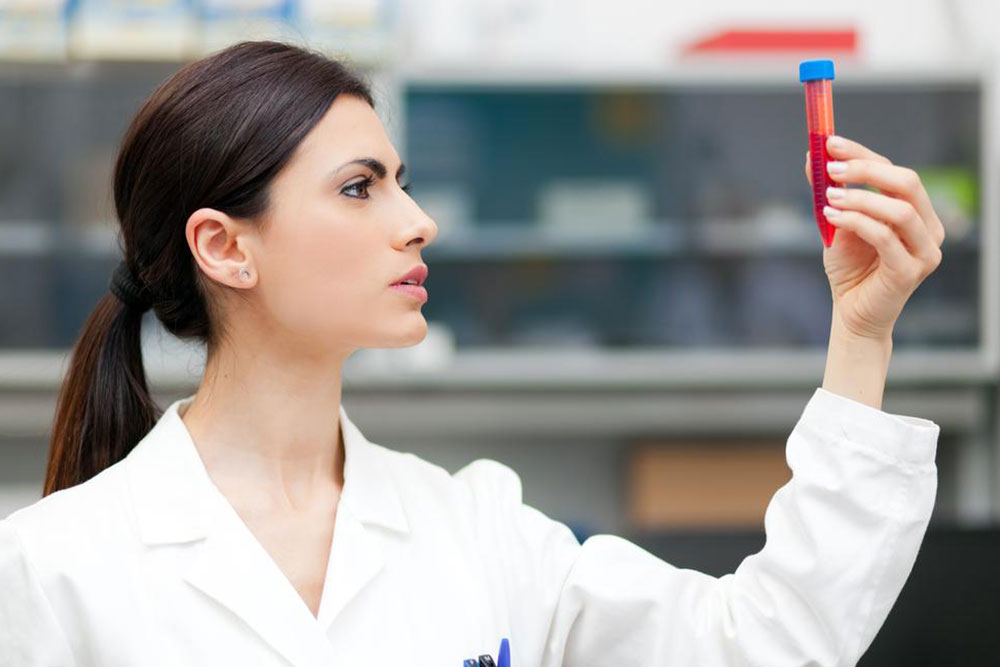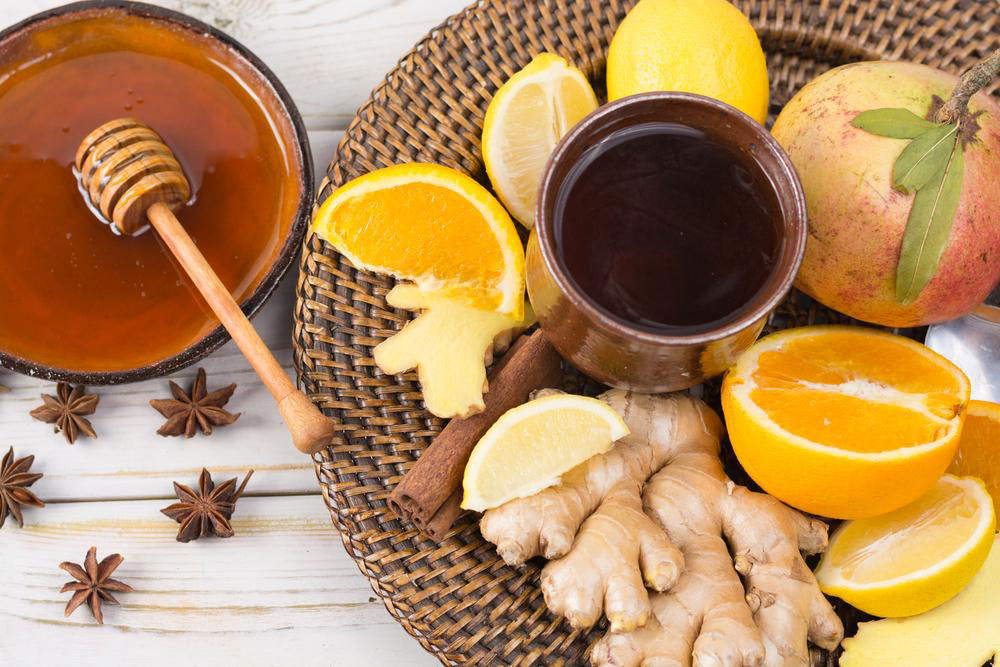Effective Strategies to Lower Elevated Creatinine Levels
Discover effective natural and lifestyle approaches to lowering elevated creatinine levels. Learn safe exercise practices, dietary adjustments, hydration tips, and herbal precautions to support kidney health and prevent complications. Personalized medical guidance is essential for managing creatinine levels effectively.

Strategies to Reduce Elevated Creatinine Levels
Creatinine is a waste product generated during normal muscle activity, filtered out of the blood by the kidneys and excreted in urine. Its levels depend on muscle mass and kidney health. For men, normal creatinine ranges from 0.6 to 1.2 mg/dL, while women typically have levels between 0.5 to 1.1 mg/dL due to less muscle mass. Factors like body size, activity, and medications can influence these levels. Elevated creatinine may signal kidney dysfunction, making it important to monitor and manage levels through lifestyle adjustments and medical guidance. Here are natural methods to help lower creatinine:
Limit intense physical activity
Regular exercise is healthy, but excessive strenuous workouts can increase creatinine levels due to muscle breakdown. Opt for lighter activities like walking or yoga to maintain fitness without raising levels.Avoid creatine supplements
Creatine naturally converts to creatinine. Supplementing with creatine can elevate blood creatinine, leading to potential side effects such as muscle cramps and dizziness.Monitor protein consumption
High intake of protein-rich foods like red meat and dairy can temporarily boost creatinine levels. Consider incorporating plant-based meals like lentil soups, vegetable patties, and salads to reduce intake.Increase dietary fiber
Emerging research suggests fiber may help lower creatinine, especially in individuals with kidney issues. Foods such as fruits, vegetables, whole grains, and legumes are beneficial additions.Stay hydrated in consultation with your doctor
Proper fluid intake supports kidney health. Discuss your hydration needs and timing with a healthcare provider, especially if you have kidney concerns.Use herbal remedies cautiously
Herbs like salvia and nettle may have positive effects, but some can cause side effects or interact with medications. Always consult your doctor before trying herbal treatments.It’s crucial to customize treatment plans based on individual health conditions. Regular check-ups and personalized medical advice ensure effective management and overall well-being. Avoid self-medicating and rely on professional guidance for safe and effective results.










